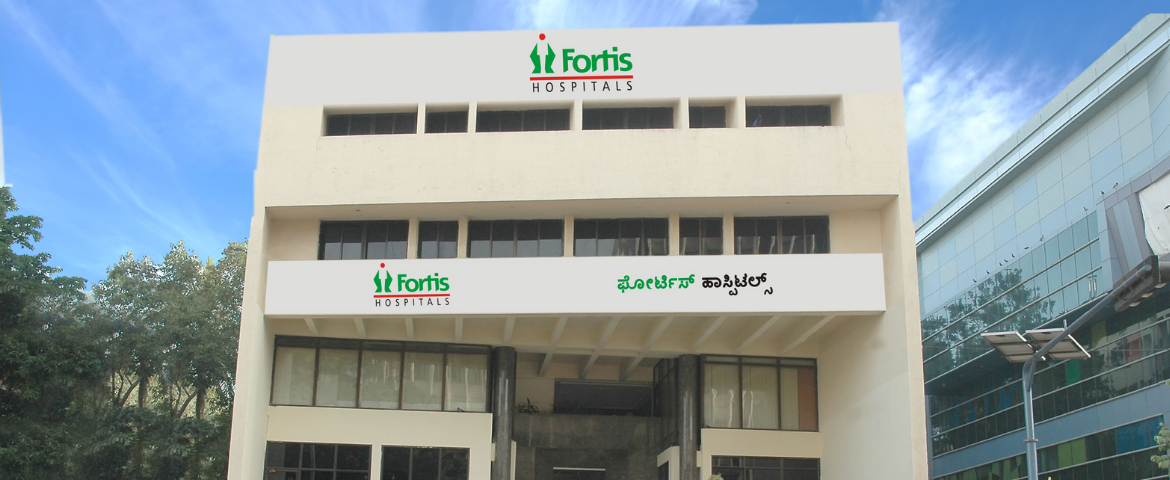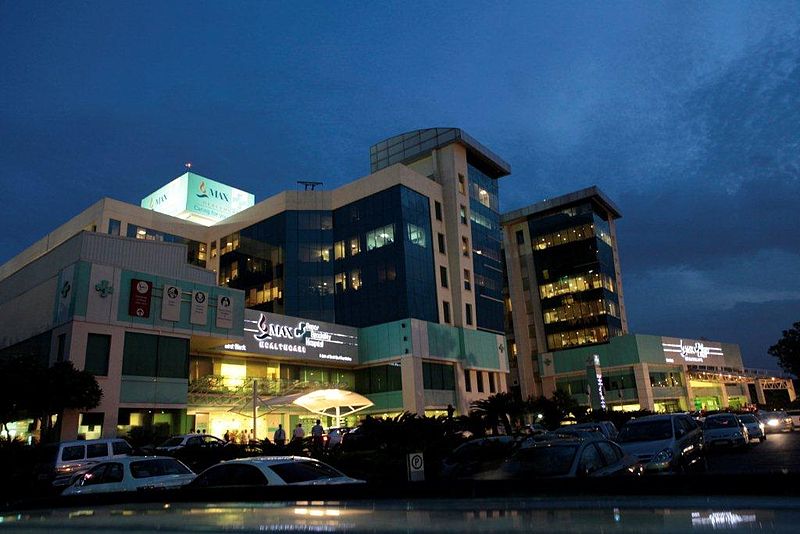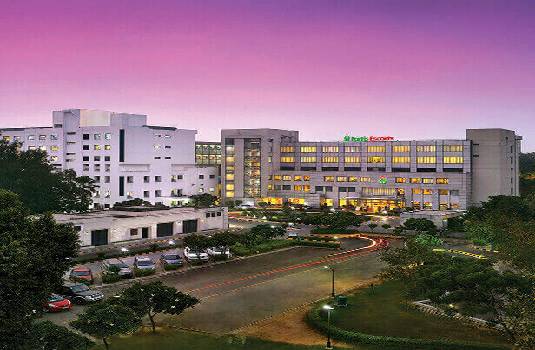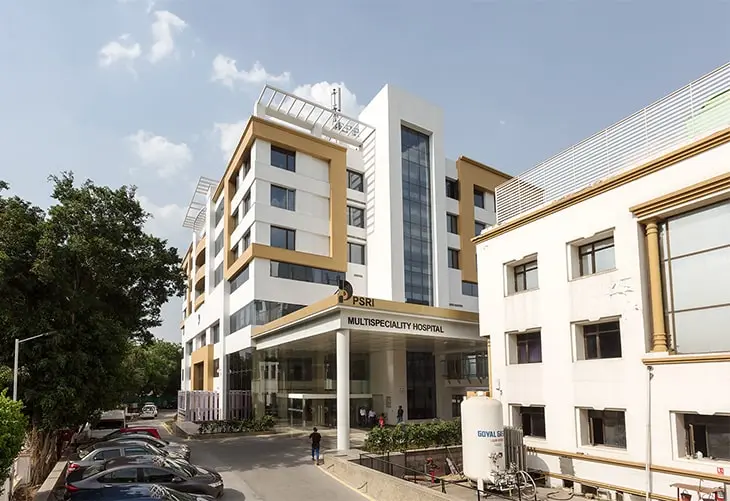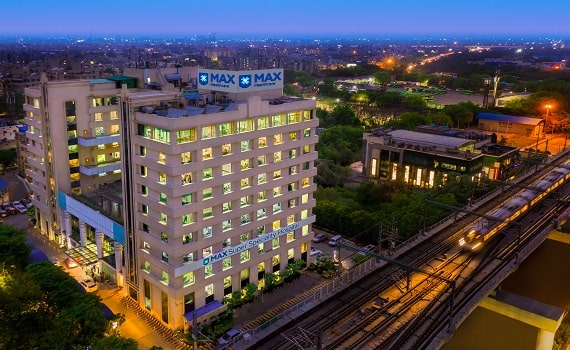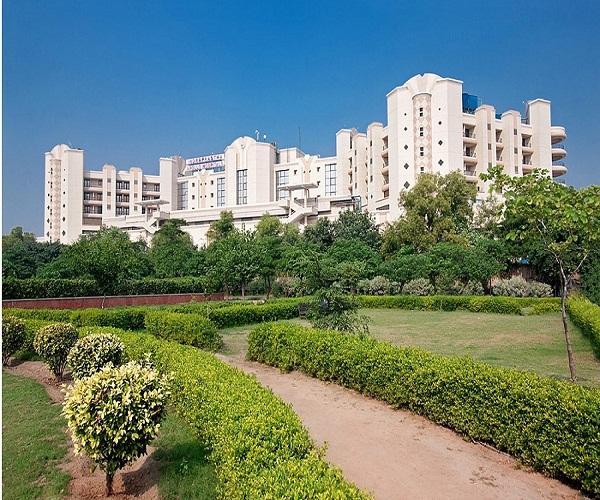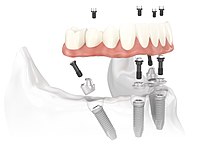All On 4 For Less Bone Per Jaw 4 Nobel Biocare Implants Including 2 Angulated Implants and Immediate cost in India
The cost of ALL ON 4 FOR LESS BONE PER JAW 4
NOBEL BIOCARE Implants Including 2 ANGULATED Implants and IMMEDIATE Provisional
Denture Final Fixed Titanium Hybrid Denture of 12 to14 in India ranges
from USD 4000 to USD 7000
ALL ON 4 FOR LESS BONE PER JAW 4 NOBEL BIOCARE Implants Including 2 ANGULATED Implants and IMMEDIATE Provisional Denture Final Fixed Titanium Hybrid Denture of 12 to14
The All-on-4 surgery is a cutting-edge implant technology that provides you with a whole arch of new, artificial teeth in just four visits. When this procedure is used, most individuals do not require bone grafting. This is true even if you've had a lot of bone loss. Your new teeth will be sturdy and appear natural.
The dentist employs four dental implants as a support system for a whole set of fake teeth in this procedure. High-tech testing will pinpoint the places in a patient's jawbone where there is sufficient bone density and volume to support the implants. The All-on-4 dental implants will be oriented in a precise way. This method will increase stability by allowing the implants to serve as strong anchors for the prosthetic teeth.
Nobel Biocare, a pioneer in implant technology, ensures that you always get the greatest dental implants, made with the utmost accuracy and efficiency while adhering to the highest quality standards.
A set of four dental implants — titanium posts that bond with your jaw – are used to secure hybrid implant dentures in your mouth. A titanium or gold bar that secures a set of acrylic teeth in place is supported by the dental implants.
ALL ON 4 FOR LESS BONE PER JAW 4 NOBEL BIOCARE Implants Including 2 ANGULATED Implants and IMMEDIATE Provisional Denture Final Fixed Titanium Hybrid Denture of 12 to14
The All-on-4 surgery is a cutting-edge implant technology that provides you with a whole arch of new, artificial teeth in just four visits. When this procedure is used, most individuals do not require bone grafting. This is true even if you've had a lot of bone loss. Your new teeth will be sturdy and appear natural.
The dentist employs four dental implants as a support system for a whole set of fake teeth in this procedure. High-tech testing will pinpoint the places in a patient's jawbone where there is sufficient bone density and volume to support the implants. The All-on-4 dental implants will be oriented in a precise way. This method will increase stability by allowing the implants to serve as strong anchors for the prosthetic teeth.
Nobel Biocare, a pioneer in implant technology, ensures that you always get the greatest dental implants, made with the utmost accuracy and efficiency while adhering to the highest quality standards.
A set of four dental implants — titanium posts that bond with your jaw – are used to secure hybrid implant dentures in your mouth. A titanium or gold bar that secures a set of acrylic teeth in place is supported by the dental implants.
Disease Overview:
Tooth decay
Cavities are small gaps or holes in the hard surface of your teeth that are permanently damaged. Cavities, also known as tooth decay or caries, are caused by a number of reasons, including germs in the mouth, frequent eating, drinking sugary beverages, and not brushing your teeth thoroughly.
Cavities and dental decay are two of the most frequent health issues worldwide. Children, teens, and elderly persons are more susceptible. Cavities may affect anybody with teeth, including newborns.
Cavities that aren't addressed become larger and harm deeper layers of your teeth if they aren't treated. They can cause a lot of pain, infection, and tooth loss. Your best defence against cavities and tooth decay is regular dental appointments and proper brushing and flossing routines.
Disease Signs and Symptoms:
Cavities have different indications and symptoms based on their size and location. You may not have any symptoms at all when a cavity is just getting started. As the deterioration progresses, it may produce symptoms such as:
- Toothache, often known as "spontaneous pain," is discomfort that happens for no apparent reason.
- Sensitive teeth
- Pain that ranges from mild to severe while eating or drinking something sweet, spicy or cold.
- Teeth with visible holes or pits
- Any surface of a tooth might be stained brown, black, or white.
- Hurts while biting
Disease Causes:
Cavities are created by tooth decay, which is a gradual process. The following is how tooth decay occurs:
The plaque: Plaque is a sticky, transparent film that covers your teeth. It's caused by a diet high in sweets and carbohydrates, as well as a lack of dental hygiene. When sugars and starches aren't removed from your teeth, bacteria feast on them and plaque forms. Tartar may form when plaque remains on your teeth, either below or above the gum line (calculus). Tartar makes plaque removal more difficult and acts as a barrier for germs.
Plague Plaque acids dissolve minerals in the hard outer enamel of your teeth. Cavities begin as microscopic gaps or holes in the enamel as a result of this degradation. Bacteria and acid can enter the dentin layer of your teeth if sections of enamel have been worn away. This layer is softer and less acid resistant than enamel. Sensitivity is caused by small tubes in the dentin that connect directly with the nerve of the tooth.
The devastation continues. Bacteria and acid continue to march through your teeth as tooth decay progresses, passing close to the inner tooth structure (pulp), which includes nerves and blood vessels.
The bacterium causes the pulp to swell and become irritating. Because there is no room within a tooth for swelling to spread, the nerve becomes squeezed, producing pain. Discomfort might even spread to the bone beyond the tooth root.
Risk Factors
Cavities can affect everyone who has teeth, however the following circumstances can make it more likely:
- The placement of the tooth. Back tooth decay is the most common type of decay (molars and premolars). These teeth feature several grooves, pits, and nooks, as well as various roots, all of which can accumulate food particles. As a result, they're more difficult to keep clean than your front teeth, which are smoother and easier to reach.
- Certain meals and beverages: Milk, ice cream, honey, sugar, soda, dried fruit, cake, cookies, hard candies and mints, dry cereal, and chips adhere to your teeth for a long time and are more likely to cause decay than items that are quickly rinsed away by saliva.
- Snacking or drinking on a regular basis. When you eat or consume sugary drinks on a regular basis, you offer mouth bacteria additional fuel to make acids that attack and wear down your teeth. Sipping soda or other acidic beverages throughout the day helps to maintain an acidic environment on your teeth.
- Feeding an infant before bed. When newborns are given nighttime bottles containing milk, formula, juice, or other sugary drinks, the liquids stay on their teeth for hours while they sleep, feeding decay-causing germs. Baby bottle teeth decay is a common term for this type of injury. When children drink from a sippy cup loaded with these beverages, they can cause similar harm.
- Brushing is insufficient. Plaque builds fast on your teeth if you don't brush them right after eating or drinking, and the initial stages of deterioration can occur.
- There isn't enough fluoride in your diet. Fluoride, a naturally occurring mineral, can help prevent cavities and even cure tooth damage in its early stages. Fluoride is added to many public water systems because of its dental advantages. It's also found in a lot of toothpastes and mouthwashes. However, fluoride is seldom found in bottled water.
- Age, whether young or old. Cavities are frequent among young toddlers and teens in the United States. Senior citizens are also at a higher risk. Teeth can wear down and gums can recede with time, rendering teeth more susceptible to root rot. Additionally, older persons are more likely to use drugs that restrict saliva flow, which increases the risk of tooth decay.
- You have a dry mouth. A lack of saliva causes dry mouth, which prevents tooth decay by washing away food and plaque from your teeth. Saliva contains substances that assist to neutralise the acid generated by bacteria.
- By lowering saliva production, some medicines, medical conditions, radiation to the head or neck, and chemotherapy treatments might raise your risk of cavities.
- Fillings or dental devices that have deteriorated. Dental fillings can deteriorate, break down, or acquire sharp edges over time. Plaque can build up more easily as a result, making it more difficult to remove. Dental devices might lose their ability to fit properly, allowing rot to develop beneath them.
- Heartburn. Stomach acid can flow into your mouth (reflux) due to heartburn or gastroesophageal reflux disease (GERD), eroding away the enamel of your teeth and causing substantial tooth damage. This exposes more dentin to bacterial assault, resulting in tooth decay.
- Eating disorders are a type of eating disorder. Tooth erosion and cavities are common side effects of anorexia and bulimia. Stomach acid from frequent vomiting (purging) runs over the teeth, causing the enamel to dissolve. Saliva production might also be hampered by eating problems.
Disease Diagnosis:
Tooth decay is frequently detected by your dentist via:
- Inquiring about teeth discomfort and pain
- Taking a look at your mouth and teeth
- Using dental equipment to look for soft spots on your teeth
- X-rays of the teeth, which can reveal the degree of cavities and deterioration
- Your dentist will also be able to tell you if you have a smooth surface cavity, a pit and fissure cavity, or a root cavity.
Disease Treatment:
Regular dental exams help detect cavities and other oral issues before they produce bothersome symptoms or worsen into more serious issues. The sooner you seek treatment, the higher your chances of reversing and avoiding dental decay in its early stages. If you cure a cavity before it becomes painful, you won't require significant therapy.
Cavity treatment is determined on the severity of the cavity and your specific circumstances. There are several treatment options available, including:
Treatments using fluoride. If a cavity has only recently begun, a fluoride treatment may be able to help rebuild your tooth's enamel and even reverse a cavity in its early stages. Fluoride levels in professional fluoride treatments are higher than those found in tap water, toothpaste, and mouth rinses. Fluoride treatments can be applied to your teeth as a liquid, gel, foam, or varnish, or they can be placed in a little tray that fits over your teeth.
Fillings. When decay has advanced beyond the first stages, fillings, also known as restorations, are the primary therapeutic option. Fillings can be composed of a variety of materials, including tooth-colored composite resins, porcelain, or a mixture of elements called dental amalgam.
Crowns. A crown – a custom-fitted covering that replaces your tooth's whole natural crown — may be required if you have considerable decay or weaker teeth. Your dentist removes all of the decaying region as well as enough of the remaining tooth to guarantee a proper fit. Gold, high-strength porcelain, resin, porcelain bonded to metal, and other materials can be used to make crowns.
Root canals treatment. You may require a root canal if decay has reached the interior substance of your tooth (pulp). Instead than extracting a seriously damaged or diseased tooth, this procedure repairs and saves it. The infected pulp of the tooth is removed. To treat any infection, medication is occasionally injected into the root canal. The pulp is then replaced by a filling.
Extraction of teeth. Some teeth get so badly decaying that they are unable to be repaired and must be removed. A tooth extraction might leave a gap in your mouth, allowing your other teeth to move. Consider obtaining a bridge or a dental implant to replace the lost tooth if at all possible.
Country wise cost comparison for All On 4 For Less Bone Per Jaw 4 Nobel Biocare Implants Including 2 Angulated Implants and Immediate:
| Country | Cost |
|---|---|
| India | $4500 |
Treatment and Cost
21
Total Days
In Country
- 6 Day in Hospital
- 2 No. Travelers
- 15 Days Outside Hospital
Treatment cost starts from
$5000
Popular Hospital & Clinic
Featured Hospital
9 Hospitals
Types of All On 4 For Less Bone Per Jaw 4 Nobel Biocare Implants Including 2 Angulated Implants and Immediate in Fortis Memorial Research Institute and its associated cost
| Treatment Option | Approximate Cost Range (USD) |
|---|---|
| No Treatment option added | |
- Address: Sector - 44, Opp. HUDA City Center,Gurgaon, Haryana - 122002, India
- Facilities related to Fortis Memorial Research Institute: Private Rooms, Translator, Nursery / Nanny Services, Airport Pick up, Personal Assistance / Concierge, Free Wifi, Local Tourism Options, International Cuisine, Phone in Room, Private Driver / Limousine Services, Post operative followup, Mobility Accessible Rooms, Online Doctor Consultation, Air Ambulance, Religious Facilities, Rehabilitation, Cafe, TV in room, Car Hire, Health Insurance Coordination,
50
DOCTORS IN 35 SPECIALITIES
20+
FACILITIES & AMENITIES
Types of All On 4 For Less Bone Per Jaw 4 Nobel Biocare Implants Including 2 Angulated Implants and Immediate in BLK-Max Super Speciality Hospital and its associated cost
| Treatment Option | Approximate Cost Range (USD) |
|---|---|
| No Treatment option added | |
- Address: Pusa Road, New Delhi-110005
- Facilities related to BLK-Max Super Speciality Hospital: Private Rooms, Translator, Nursery / Nanny Services, Personal Assistance / Concierge, Free Wifi, International Cuisine, Phone in Room, Private Driver / Limousine Services, Post operative follow-up, Mobility Accessible Rooms, Rehabilitation, Cafe, TV in room, Car Hire, Health Insurance Coordination
17
DOCTORS IN 33 SPECIALITIES
20+
FACILITIES & AMENITIES
Types of All On 4 For Less Bone Per Jaw 4 Nobel Biocare Implants Including 2 Angulated Implants and Immediate in Max Super Speciality Hospital and its associated cost
| Treatment Option | Approximate Cost Range (USD) |
|---|---|
| No Treatment option added | |
- Address: Max Super Speciality Hospital No. 1, 2, Press Enclave Road, Mandir Marg, Saket Institutional Area, Saket, New Delhi, Delhi, 110017, India
- Facilities related to Max Super Speciality Hospital:
53
DOCTORS IN 34 SPECIALITIES
20+
FACILITIES & AMENITIES
Types of All On 4 For Less Bone Per Jaw 4 Nobel Biocare Implants Including 2 Angulated Implants and Immediate in Fortis Escorts Heart Institute and its associated cost
| Treatment Option | Approximate Cost Range (USD) |
|---|---|
| No Treatment option added | |
- Address: Okhla Road,New Delhi - 110 025 (INDIA)
- Facilities related to Fortis Escorts Heart Institute: Private Rooms, Translator, Nursery / Nanny Services, Personal Assistance / Concierge, Free Wifi, International Cuisine, Phone in Room, Private Driver / Limousine Services, Post operative follow-up, Mobility Accessible Rooms, Rehabilitation, Cafe, TV in room, Car Hire, Health Insurance Coordination
19
DOCTORS IN 33 SPECIALITIES
20+
FACILITIES & AMENITIES
Types of All On 4 For Less Bone Per Jaw 4 Nobel Biocare Implants Including 2 Angulated Implants and Immediate in PSRI Hospital and its associated cost
| Treatment Option | Approximate Cost Range (USD) |
|---|---|
| No Treatment option added | |
- Address: Press Enclave Marg, J Pocket, Phase II, Sheikh Sarai, New Delhi, Delhi 110017
- Facilities related to PSRI Hospital: Private Rooms, Translator, Nursery / Nanny Services, Personal Assistance / Concierge, Free Wifi, International Cuisine, Phone in Room, Private Driver / Limousine Services, Post operative follow-up, Mobility Accessible Rooms, Rehabilitation, Cafe, TV in room, Car Hire, Health Insurance Coordination
8
DOCTORS IN 33 SPECIALITIES
20+
FACILITIES & AMENITIES
Types of All On 4 For Less Bone Per Jaw 4 Nobel Biocare Implants Including 2 Angulated Implants and Immediate in Fortis Flt. Lt. Rajan Dhall Hospital, Vasant Kunj, Delhi and its associated cost
| Treatment Option | Approximate Cost Range (USD) |
|---|---|
| No Treatment option added | |
- Address: Fortis Flt. Lt. Rajan Dhall Hospital, Aruna Asaf Ali Marg, Pocket 1, Sector B, Vasant Kunj, New Delhi, Delhi 110070
- Facilities related to Fortis Flt. Lt. Rajan Dhall Hospital, Vasant Kunj, Delhi: Private Rooms, Translator, Nursery / Nanny Services, Personal Assistance / Concierge, Free Wifi, International Cuisine, Phone in Room, Private Driver / Limousine Services, Post operative follow-up, Mobility Accessible Rooms, Rehabilitation, Cafe, TV in room, Car Hire, Health Insurance Coordination
46
DOCTORS IN 34 SPECIALITIES
20+
FACILITIES & AMENITIES
Types of All On 4 For Less Bone Per Jaw 4 Nobel Biocare Implants Including 2 Angulated Implants and Immediate in MAX Super Speciality hospital, Patpadganj Delhi and its associated cost
| Treatment Option | Approximate Cost Range (USD) |
|---|---|
| No Treatment option added | |
- Address: 108A, Indraprasth Extension, Patpadganj, New Delhi- 110092, India
- Facilities related to MAX Super Speciality hospital, Patpadganj Delhi: Private Rooms, Translator, Nursery / Nanny Services, Personal Assistance / Concierge, Free Wifi, International Cuisine, Phone in Room, Private Driver / Limousine Services, Post operative follow-up, Mobility Accessible Rooms, Rehabilitation, Cafe, TV in room, Car Hire, Health Insurance Coordination
52
DOCTORS IN 33 SPECIALITIES
20+
FACILITIES & AMENITIES
Types of All On 4 For Less Bone Per Jaw 4 Nobel Biocare Implants Including 2 Angulated Implants and Immediate in Medanta-The Medicity, Gurgaon and its associated cost
| Treatment Option | Approximate Cost Range (USD) |
|---|---|
| No Treatment option added | |
- Address: CH Baktawar Singh Road, Sector 38, Gurugram, Haryana 122001
- Facilities related to Medanta-The Medicity, Gurgaon: TV in room Private rooms, Free Wifi, Phone in Room, Mobility accessible rooms, Family accommodation, Laundry, Welcome Safe in the room, Nursery / Nanny services. Dry cleaning, Personal assistance / Concierge Religious facilities, Fitness Spa and wellness Café, Business Centre, Shop, Dedicated smoking areas, Beauty Salon, Special offer for group stays, Parking available, Health insurance coordination, Medical travel insurance, Foreign currency exchange, ATM, Credit Card, Debit Card, Net banking, Diet on Request, Restaurant, International Cuisine, Treatment Related Medical records transfer, Online doctor consultation, Rehabilitation, Pharmacy, Document legalization, Post operative follow-up, Language Interpreter, Translation services, Transportation, Airport pickup, Local tourism options, Local transportation booking, Visa / Travel office, Car Hire, Private driver / Limousine services, Air ambulance
52
DOCTORS IN 33 SPECIALITIES
20+
FACILITIES & AMENITIES
Types of All On 4 For Less Bone Per Jaw 4 Nobel Biocare Implants Including 2 Angulated Implants and Immediate in Indraprastha Apollo Hospitals, New Delhi and its associated cost
| Treatment Option | Approximate Cost Range (USD) |
|---|---|
| No Treatment option added | |
- Address: Mathura Rd, Jasola Vihar, New Delhi, Delhi 110076
- Facilities related to Indraprastha Apollo Hospitals, New Delhi: Private Rooms, Translator, Nursery / Nanny Services, Personal Assistance / Concierge, Free Wifi, International Cuisine, Phone in Room, Private Driver / Limousine Services, Post operative follow-up, Mobility Accessible Rooms, Rehabilitation, Cafe, TV in room, Car Hire, Health Insurance Coordination
37
DOCTORS IN 33 SPECIALITIES
20+
FACILITIES & AMENITIES

